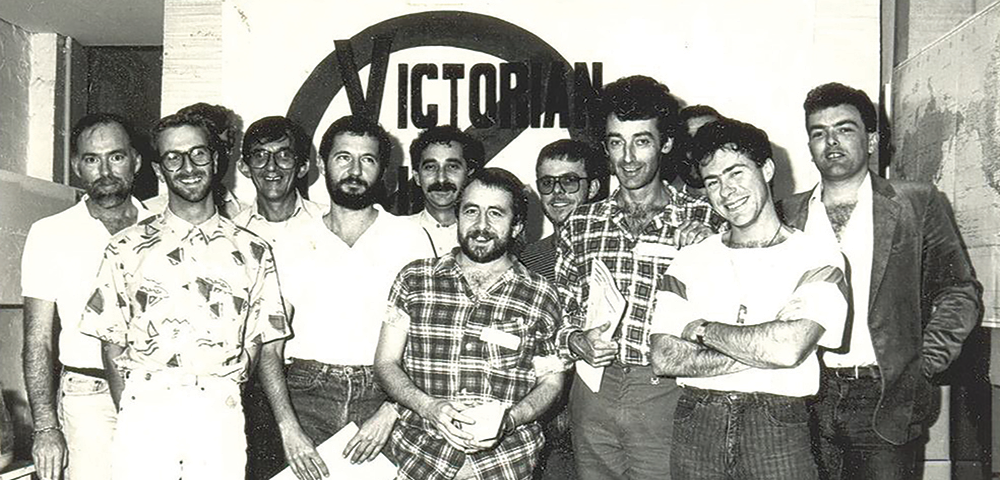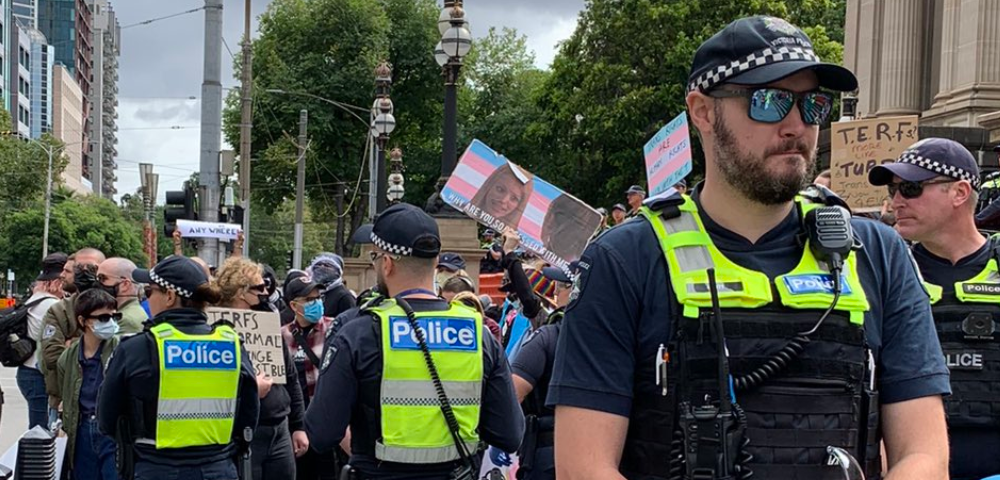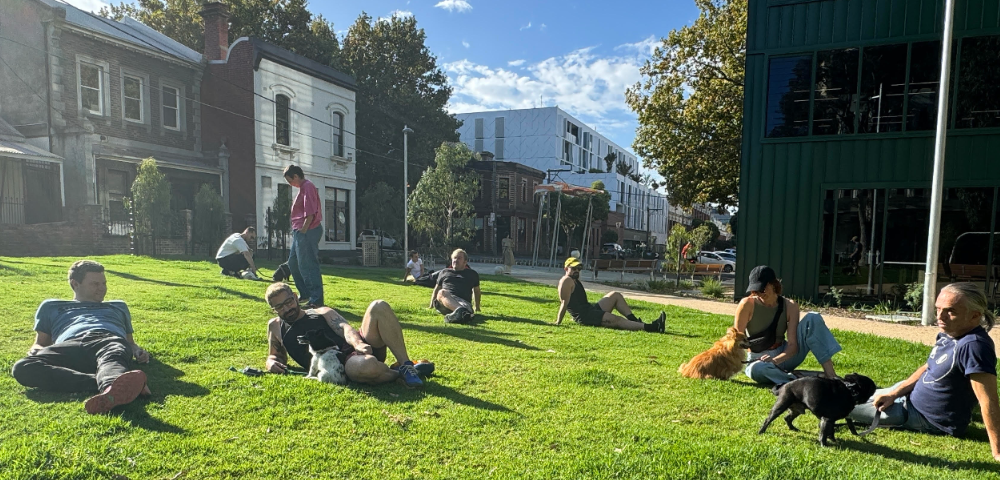
Legalise drugs: ex-Supreme Court judge
Former ACT Supreme Court judge Ken Crispin QC has called for the legalisation and regulation of drugs in Australia in a new book.
Ahead of the launch of The Quest For Justice, Ken Crispin spoke to Southern Star about how he had come to change his mind on the issue.
“It was an evolution over a long period of time,” Crispin said.
“I began thinking that the present approach of prohibition was the right one, but I gradually came to see through being constantly confronted by court cases that it wasn’t working.
“I began to feel the appropriate response was to concentrate on dealers and to try to keep as many users out of prison as we possibly could.
“I came to realise that the present approach was simply failing.
As much as we would all like to see the flood of drugs halted, it isn’t being halted, and increasingly I was hearing senior police officers talking candidly about the fact that we were not stopping the flood of drugs into Australia.
“Every now and again we’d catch somebody who would be trumpeted as a big fish, but was usually really somebody way down the hierarchy.
Every now and again we’d intercept a big haul of drugs and we’d think that was a great achievement but in the overall scheme of things it was a tiny percentage of the drugs reaching Australia.
“And increasingly I became aware of the fact that you just can’t keep them out.
We have 30,000 kilometres of coastline in this country — you can’t station police officers every 100 metres in the hope of catching them coming ashore.”
Crispin now believes the law and order response to drugs has actually magnified the drug problem around the world.
“The Americans now have more than 2.3 million people in prison for drug offences.
We know that drug use is higher amongst kids who come from broken homes, so when 1.4 million American parents are in prison for drug offences — it’s just going to keep climbing,” he said.
“Illegality also tends to keep people away from seeking rehabilitation.
But in Portugal when they decriminalised the use of drugs, the first consequence was to increase the number of people in rehabilitation from something like 6000 a year to 15,000 a year.
“When they interviewed those people, they explained quite openly that they’d stayed away before for fear of prosecution and conviction.”
Crispin said regulating and taxing drugs would also generate resources badly needed for rehabilitating drug users.
Crispin said if we failed to change our approach to drugs we would not only see a more dangerous Australia but a more dangerous world.
“Keeping drugs illegal has reproduced the American prohibition era but on a grand scale and worse than that era ever was.
The problem has now spread to the point where criminal gangs have linked up with terrorists, and terrorism is increasingly being funded by drugs.”









